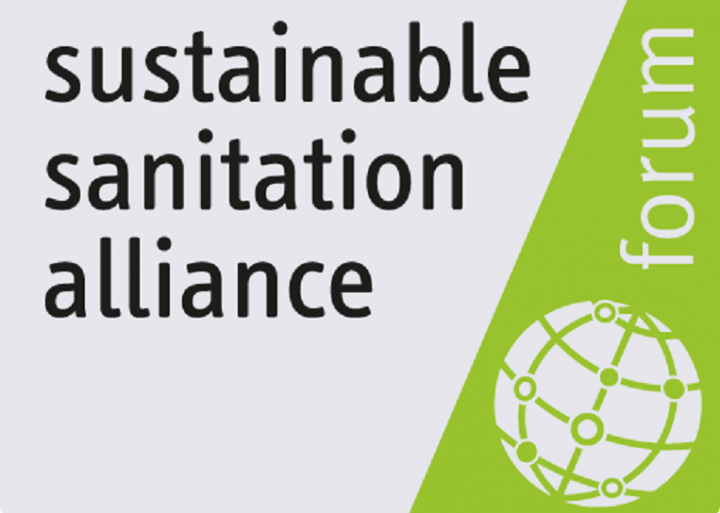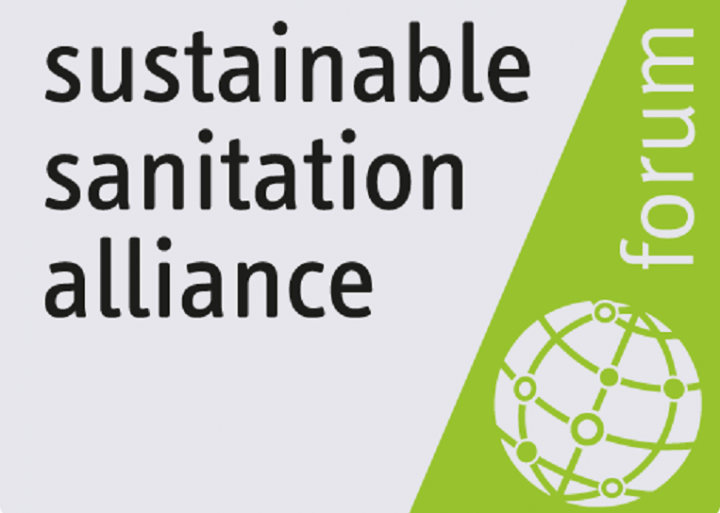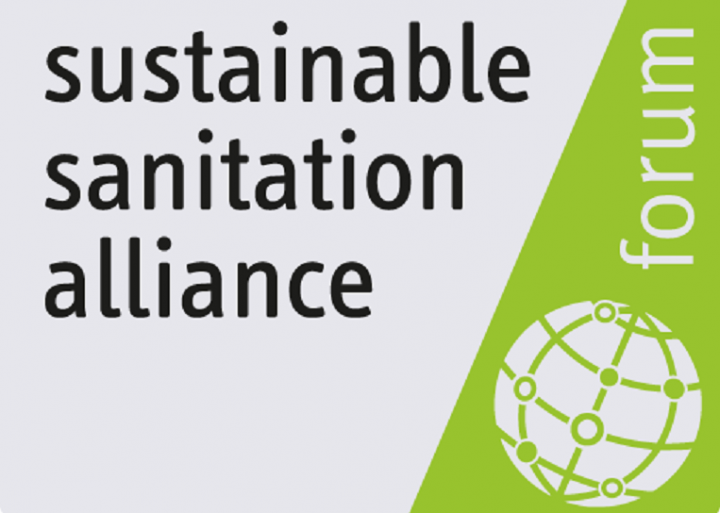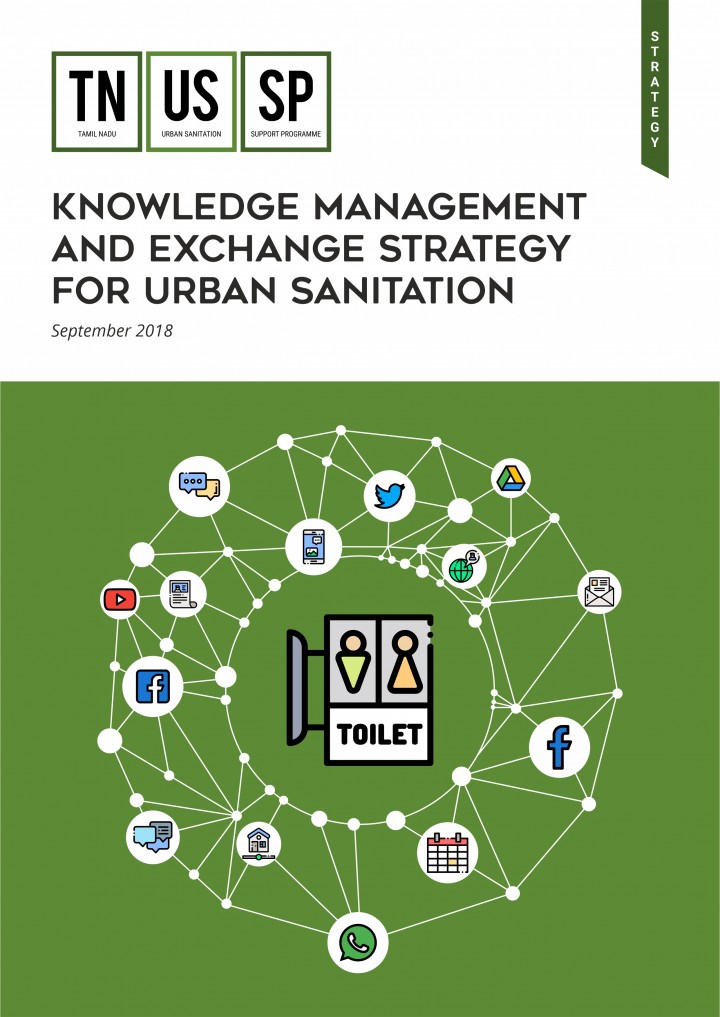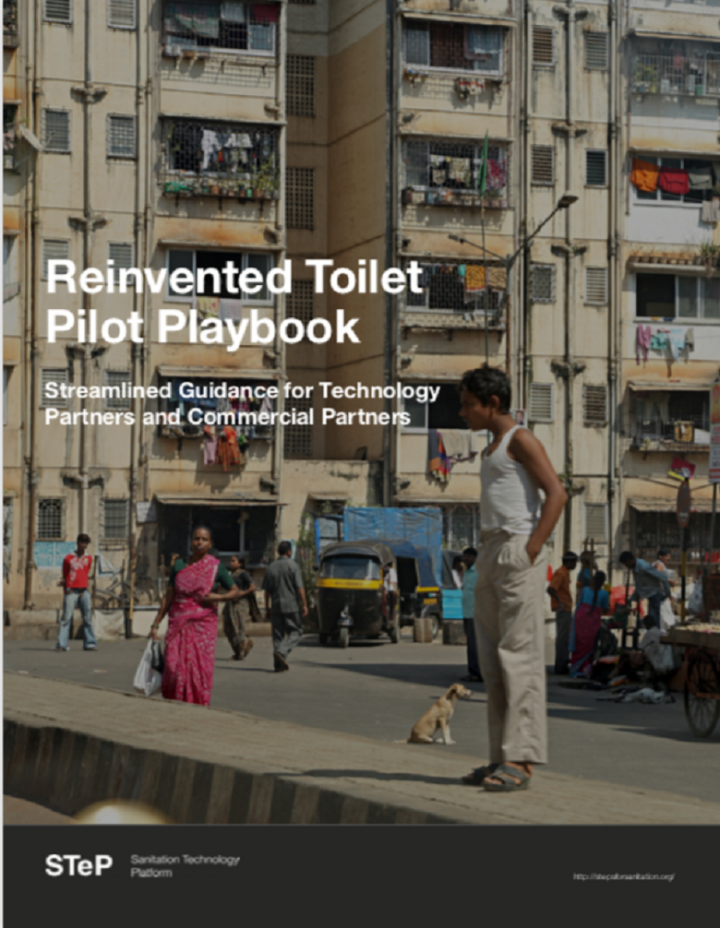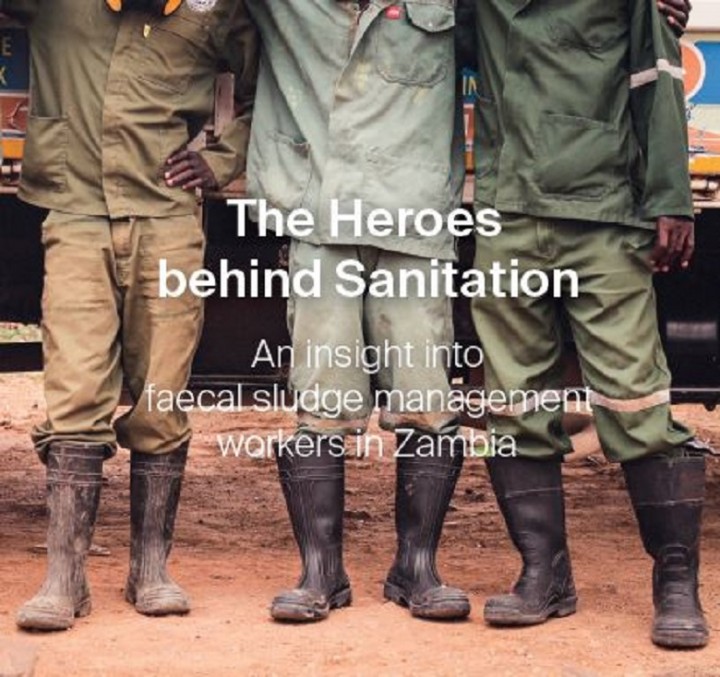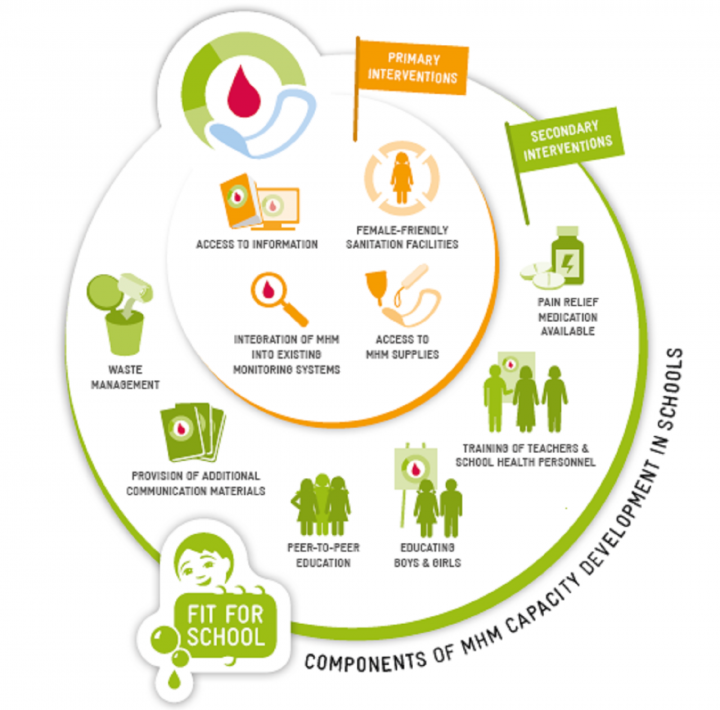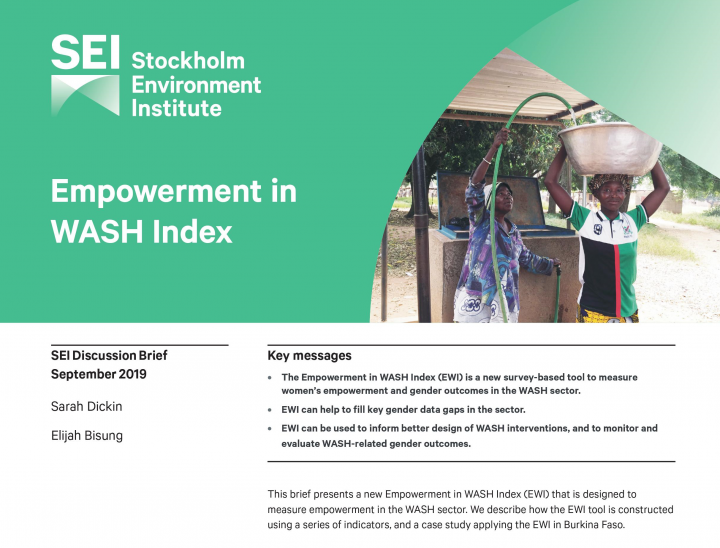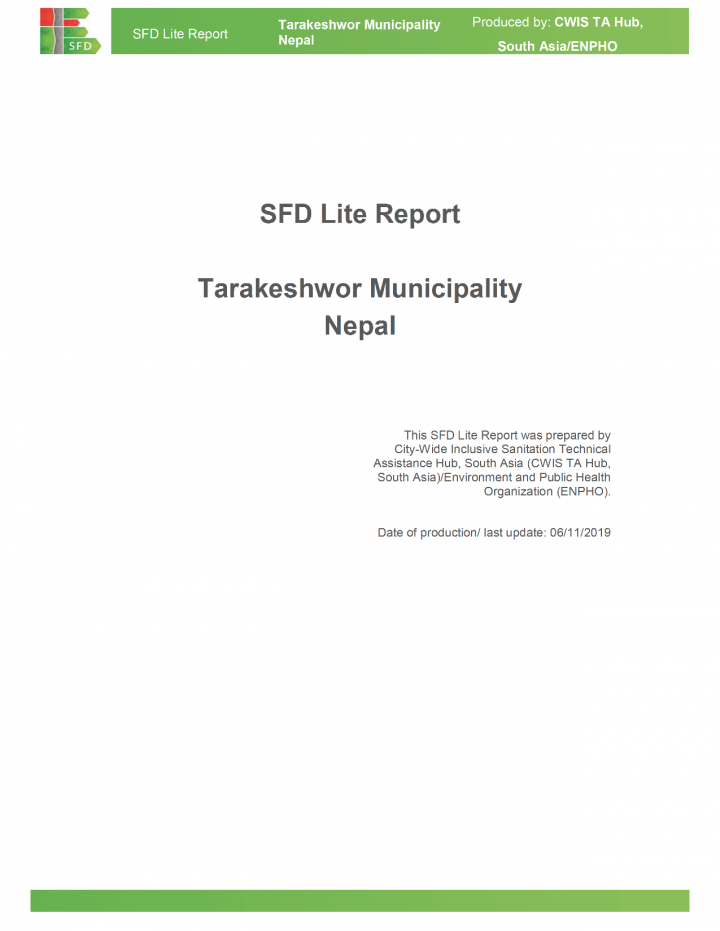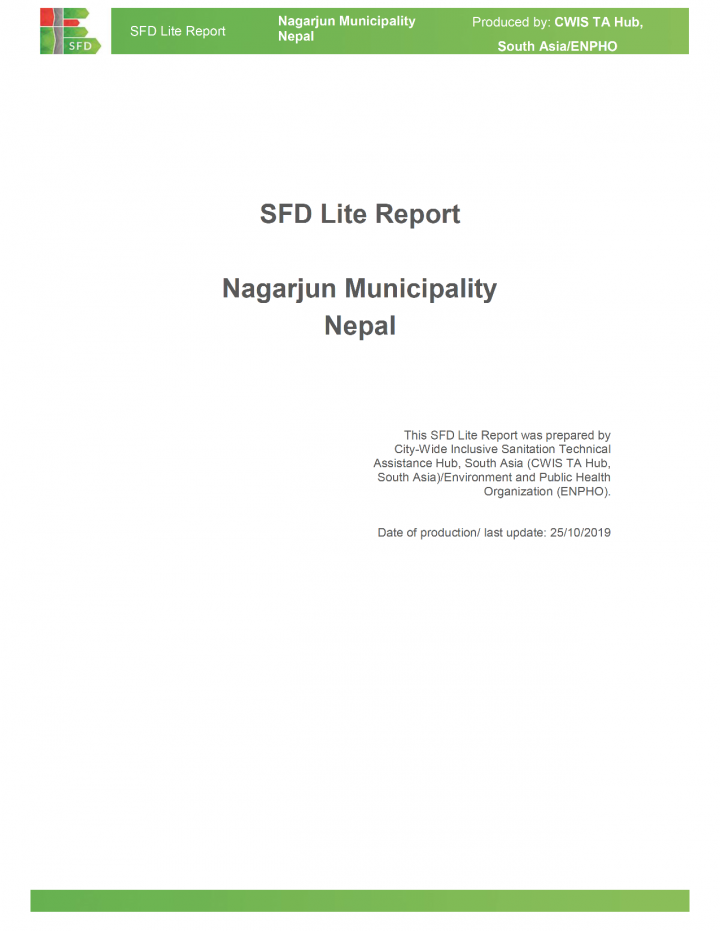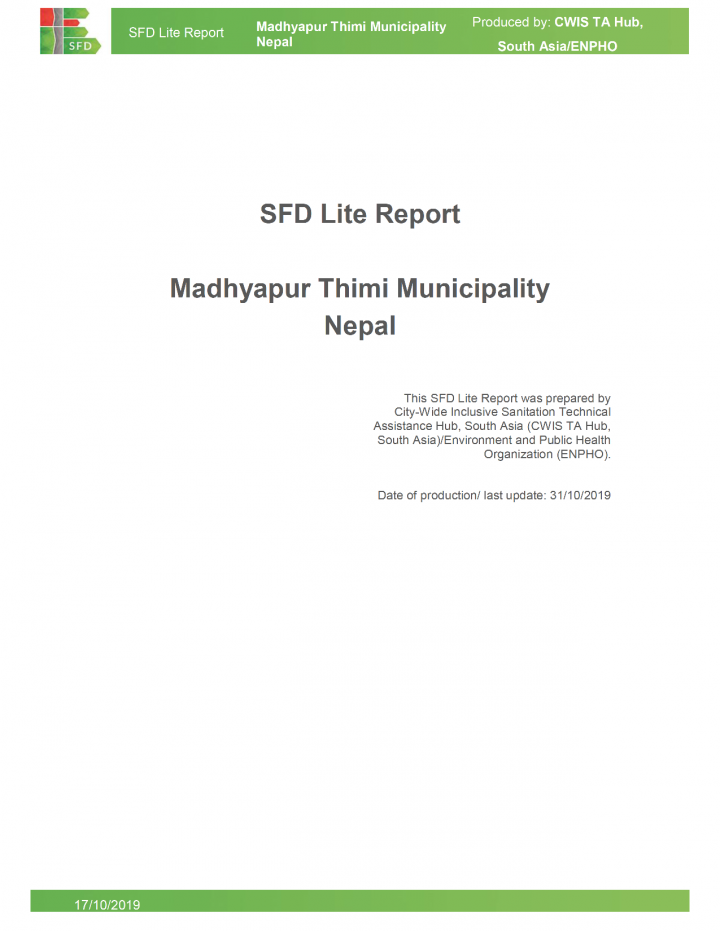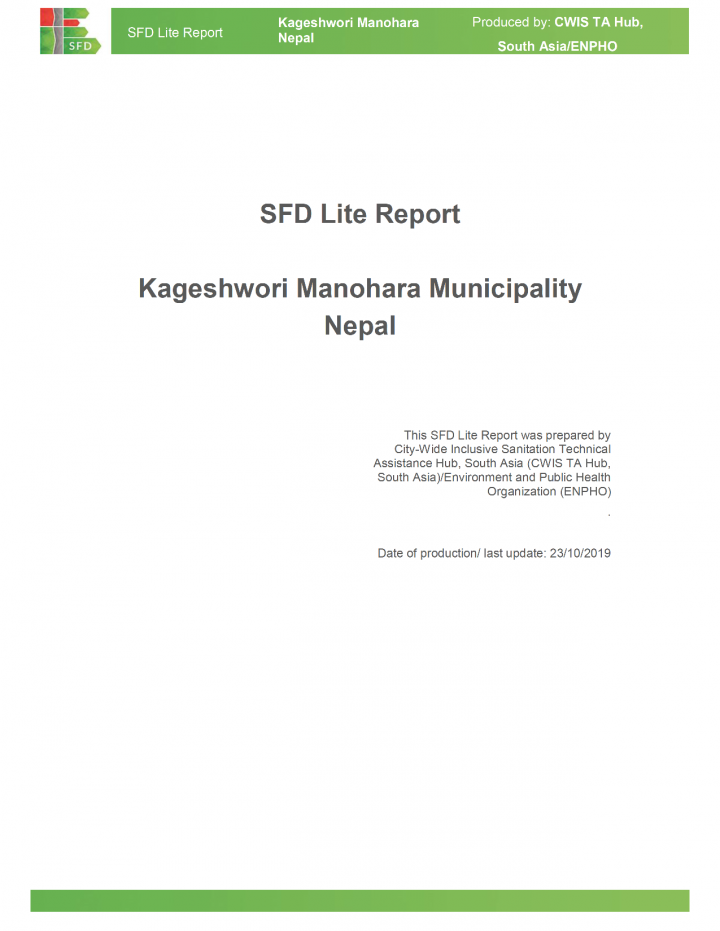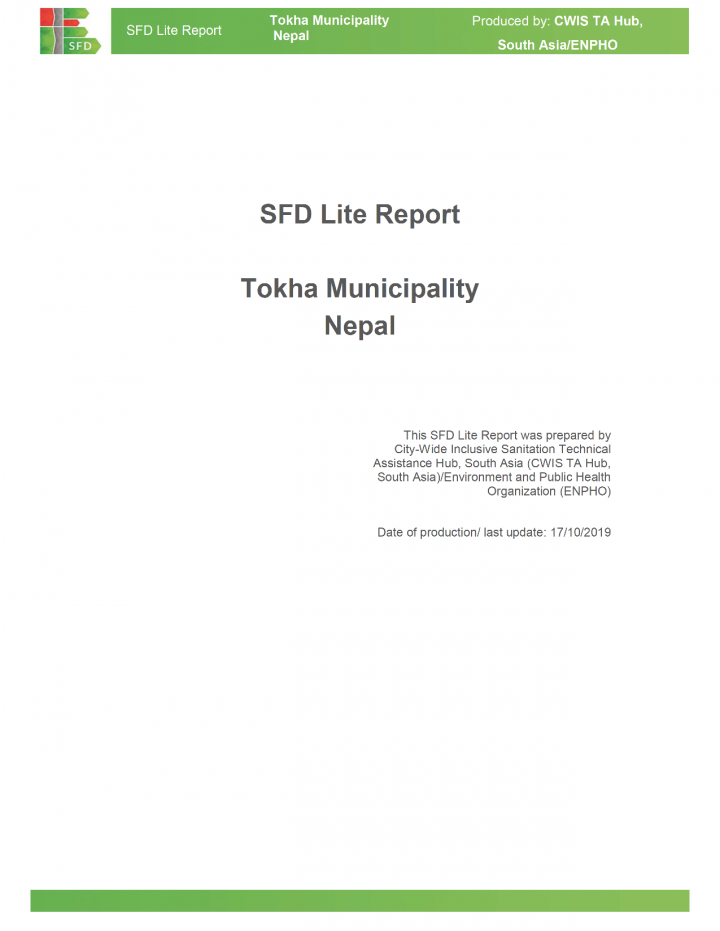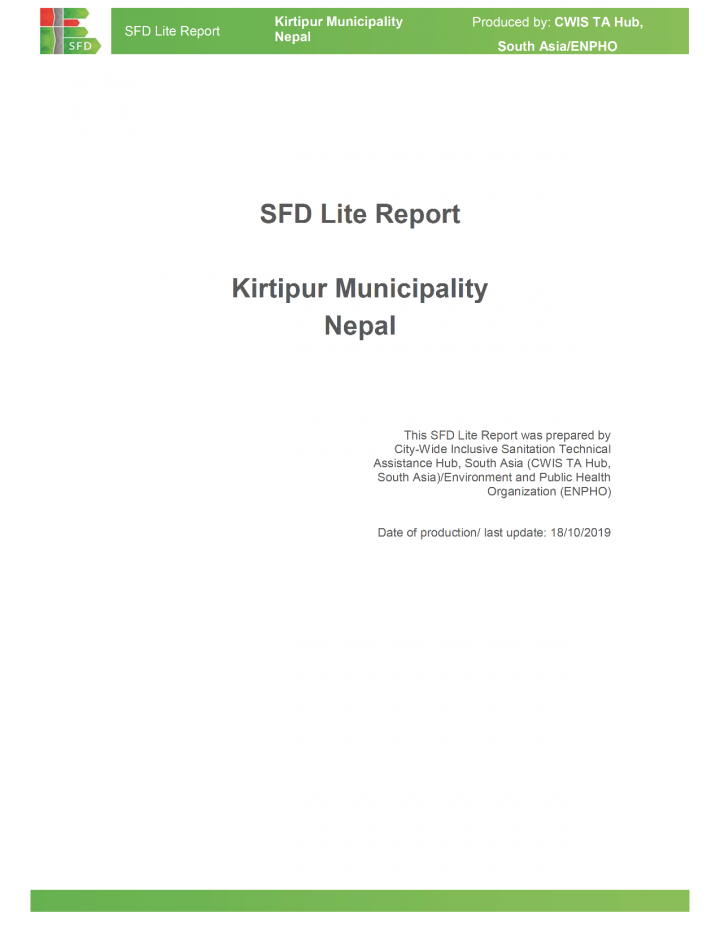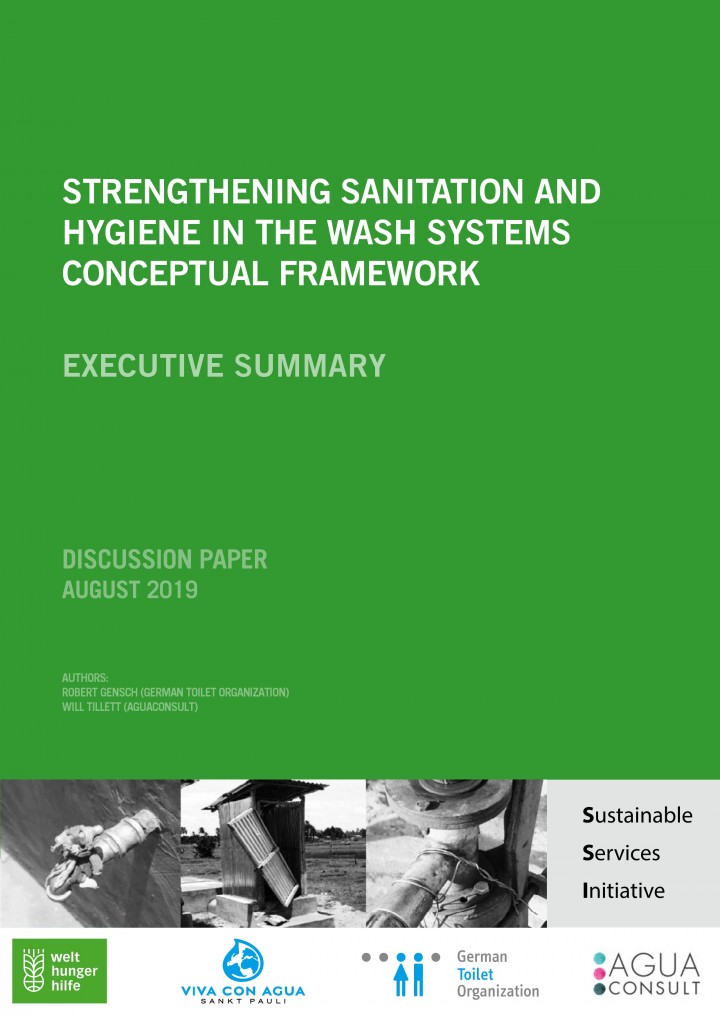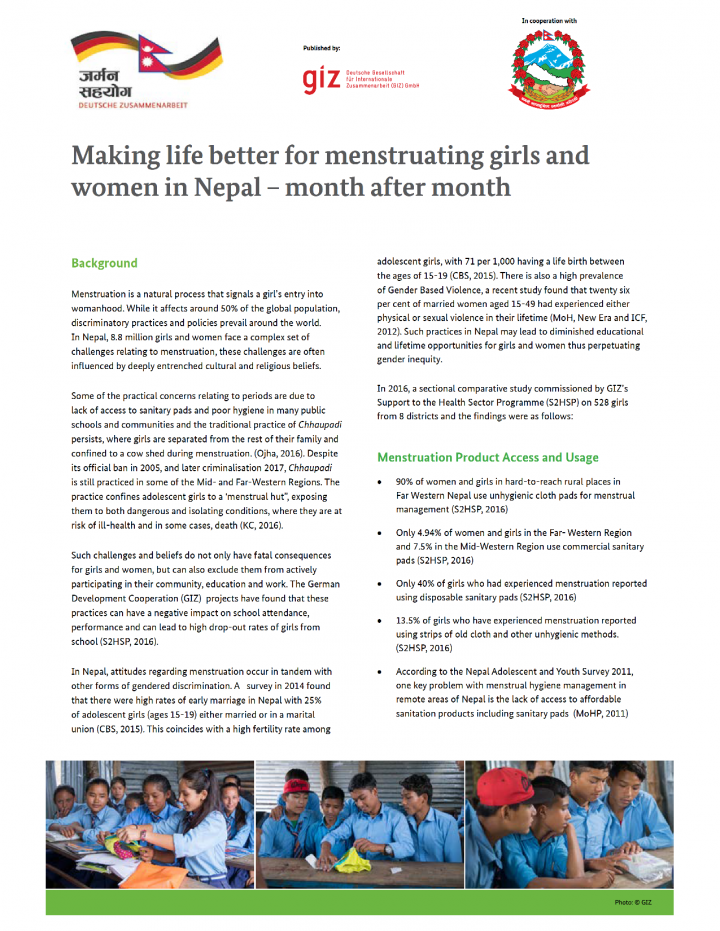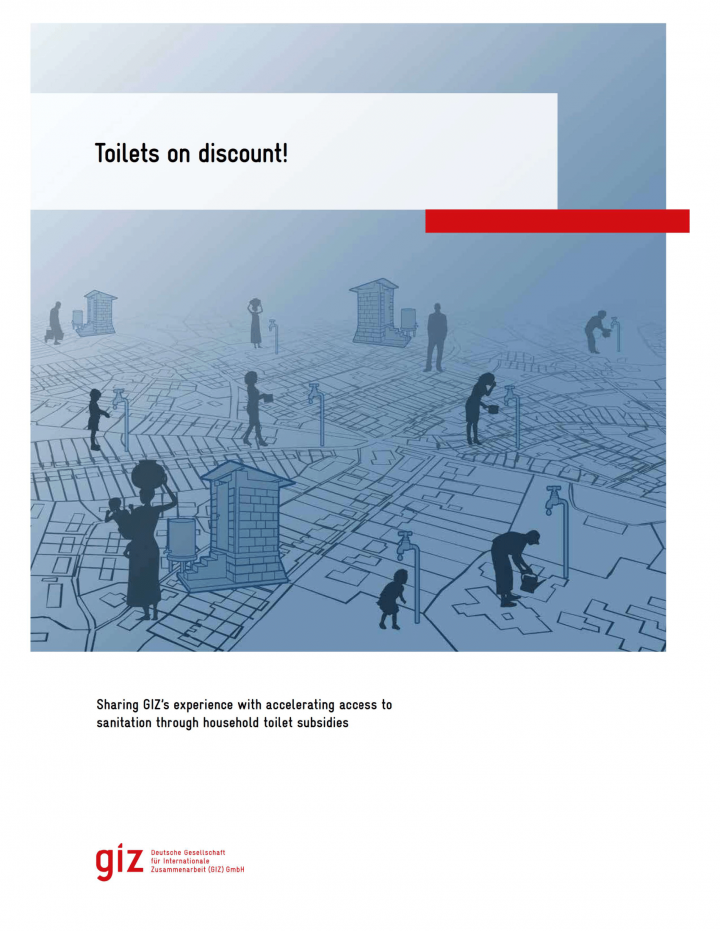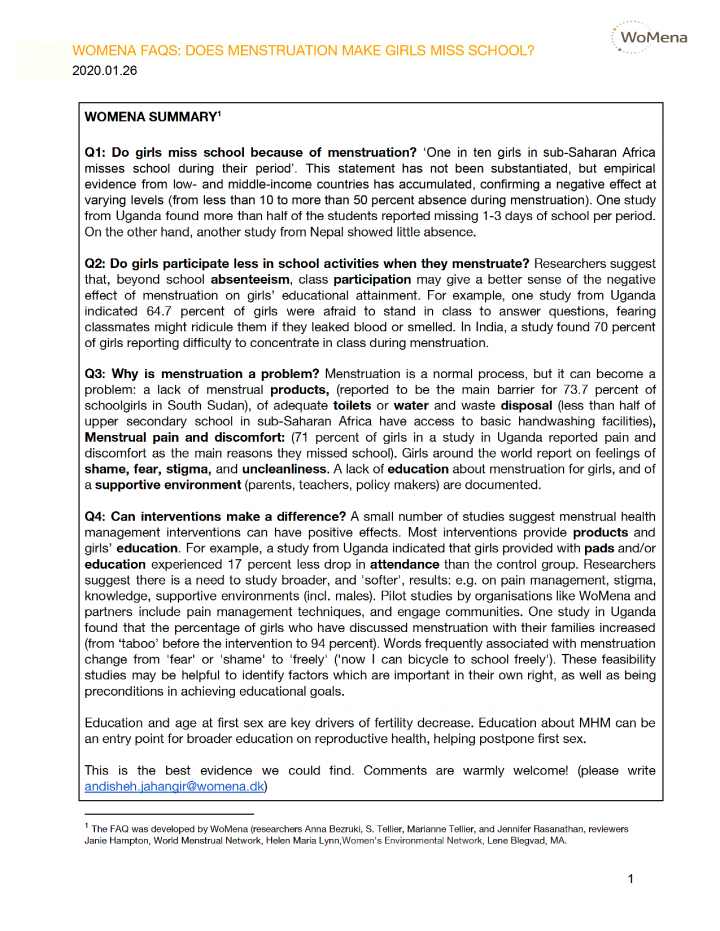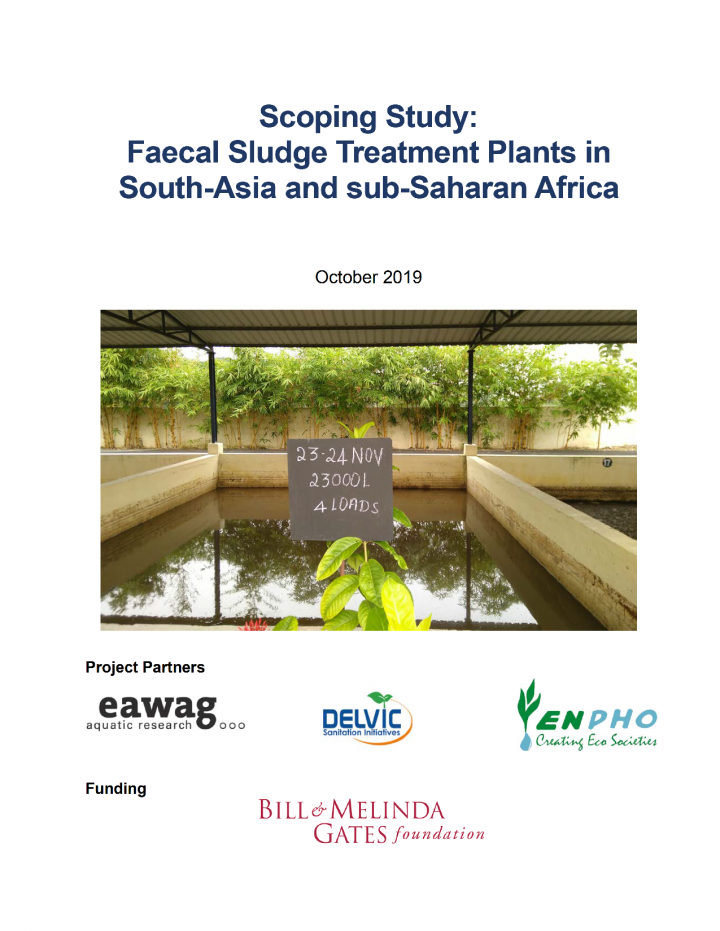von Muench, E. (2015) SuSanA Forum Statistics Report (video from webinar recording)
Elisabeth von Muench presents some content of the forum statistics report during the SuSanA Open Mic Webinar on 18 June 2015.
Milosevic, D. (2015) How to register for the SuSanA Discussion Forum (video tutorial)
This video shows you how to register for the SuSanA Discussion Forum.
von Muench, E. (2017) Guided tour of SuSanA Discussion Forum (video tutorial)
This video gives a tour of the SuSanA Discussion Forum in order to highlight some special features that not all users might be aware of.
Various authors (2019) Key documents on equity and inclusion for Discussion Forum category
In this library entry we have grouped together up to five documents that we think are important "first reading" materials for anyone wishing to obtain a quick overview of this topic. For more details, please see the external links to the discussion forum below. The documents listed in this library entry in reverse chronological order already exist as individual library entries but have been grouped together […]
TNUSSP (2018) Knowledge Management and Exchange Strategy for Urban Sanitation
In Tamil Nadu, currently, a range of behaviour deficits exist along the full cycle of sanitation at the stages of access, containment, emptying, transport, treatment and re-use/disposal. However, communication strategies in the sanitation sector have been largely limited to promoting hygiene behaviours such as handwashing or stopping open defecation by promoting the use of toilets. While these efforts are important, there are several other behaviour […]
STeP (2020) Reinvented Toilet Pilot Playbook - Streamlined Guidance for Technology and Commercial Partners
Newly introduced technologies fail for many reasons, including low user adoption, a lack of understanding of the target market, an unsound business model, and more. This resource exists to help technology developers and early adopters plan effective pilot tests that increase a new technology’s chance for success. Drawing from the concept of design thinking, this Playbook is framed by three overlapping priorities — viability, desirability, […]
Sperandeo, L., Srinivasan, S. (2020) The Heroes behind Sanitation An insight into faecal sludge management workers in Zambia
The sanitation workforce provides an essential public service to all. They clean and empty pit latrines, septic tanks, sewers and other sanitation systems, transport faecal sludge, remove contaminants from the sludge and process the sludge for disposal or reuse. Constantly exposed to faecal microorganisms, hazardous waste and harsh chemicals, sanitation workers are susceptible to several operational and health risks. Owing to a public lack of […]
GIZ (2020) Fit for School Concept: Menstrual Hygiene Management (in English, Khmer and Nepali)
The GIZ Regional Fit for School Programme in cooperation with the Sector Programme “Sustainable Sanitation” has developed a MHM in Schools concept, which is modular, culturally adaptable and consists of a primary and secondary intervention package. This publication is providing a comprehensive concept on primary and secondary interventions that are needed for Menstrual Hygiene Management in schools. Components of MHM Capacity Development in Schools are […]
Dickin, S., Bisung, E. (2019) Empowerment in WASH Index
This brief presents a new Empowerment in WASH Index (EWI) that is designed to measure empowerment in the WASH sector. We describe how the EWI tool is constructed using a series of indicators, and a case study applying the EWI in Burkina Faso. The EWI measures agency, participation and empowerment in the water and sanitation sector. The Index is made up of indicators to assess […]
CWIS TA Hub & ENPHO (2019) SFD Lite Report - Tarakeshwor Municipality, Nepal
Tarakeshwor Municipality is located in Kathmandu district in Province no. 3 of Nepal. The total population of the municipality is 81,443 people residing on 20,133 households. Most people are dependent on public water supply. Households without access to public water supply rely on well and tap water. 38% of population are dependent on sewer system, followed by user interface directly connected to open drain, lined […]
CWIS TA Hub & ENPHO (2019) SFD Lite Report - Nagarjun Municipality, Nepal
Nagarjun Municipality is located in Kathmandu district in Province no. 3 of Nepal. The total population of the municipality is 67,420 people residing in 16,746 households. The major sources of drinking water in Nagarjun Municipality are public water supply, well, springs and stream water. More than half of the population of Nagarjun Municipality is dependent on the sewer system followed by lined tanks with impermeable […]
CWIS TA Hub & ENPHO (2019) SFD Lite Report - Madhyapur Thimi Municipality, Nepal
Madhyapur Thimi Municipality is located in Bhaktapur district in Province no.3 of Nepal, consisting of 9 wards. The total population of the municipality is 83,036 residing in 20,302 households. Combined sewers are predominantly found in Madhyapur Thimi Municipality, followed by lined tanks with impermeable walls and open bottom, lined pits with semi-permeable walls and open bottom with no outlet and fully lined tanks with no […]
CWIS TA Hub & ENPHO (2019) SFD Lite Report - Kageshwori Manohara Municipality, Nepal
Kageshwori Manohara Municipality is located in Kathmandu district in Province No.3 of Nepal. The total population of the municipality is 102,235 residing in 26,166 households. People rely on either municipal water supply or from other sources. The main sources of drinking water are public tap, well and household bore water. 27% of the population are dependent on centralized combined sewer, 33% of population use fully lined […]
CWIS TA Hub & ENPHO (2019) SFD Lite Report - Tokha Municipality, Nepal
Tokha Municipality is an ancient city of Kathmandu district in Province No. 3 of Nepal. The total population of Tokha Municipality is 99,032 residing in 25,561 households. Majority of people of Tokha Municipality are dependent on municipal water supply. People who do not have access to municipal water supply system get water from their own sources, mostly groundwater such as well and tap water. Combined […]
CWIS TA Hub & ENPHO (2019) SFD Lite Report - Kirtipur Municipality, Nepal
Kirtipur is one of the historical cities, which was declared as municipality among 58 municipalities under the Municipal Act in 1996 (2053 B. S., in Nepali calendar) within the Kathmandu valley. The total population of Kirtipur Municipality is 65,602 residing in 19,941 households. People of Kirtipur Municipality rely on either municipal water supply or from other sources. The main sources of drinking water are […]
Gensch, R., Tillett, W. (2020) Strengthening Sanitation and Hygiene in the WASH Systems Conceptual Framework
The Sustainable Services Initiative (SSI) of Welthungerhilfe (WHH) seeks to strengthen the sustainability of its WASH programming through adopting systems strengthening approaches and seeks to add value to wider sector efforts in systems strengthening, through participation in movements such as Agenda for Change (A4C). The SSI is primarily financed by Viva con Agua and WHH with technical support from Aguaconsult and German Toilet Organisation. The […]
Broch Alvarez, V., Paudel, R. (2018) Making life better for menstruating girls and women in Nepal – month after month
This factsheet is outlining current menstrual health and hygiene developments in Nepal. It also highlights the problems many girls and women encounter in accessing sanitary products. In order to address this the production of sanitary pads by local women's cooperatives using sanitary pad machines, is supported by German Development Cooperation. These processes of facilitating the procurement of sanitary pad- machines and respective technical training […]
Mbalo, D., Rossmann, R. (2019) Toilets on discount - Sharing GIZ’s experience with accelerating access to sanitation through household toilet subsidies
The debate on subsidies has recently resurfaced in the context of the ambitious Sustainable Development Goal to achieve universal access to safely managed sanitation and the very significant funding gap to achieve this. The water and sanitation sector has always been highly subsidized, yet those subsidies mostly flow into support for existing customers rather than extension of services to the underserved. The World Bank’s recent […]
WoMena (2020) WoMena FAQS: Does menstruation make girls miss school?
Q1: Do girls miss school because of menstruation? ‘One in ten girls in sub-Saharan Africa misses school during their period’. This truism has not been substantiated, but empirical evidence from low- and middle-income countries has accumulated, confirming a negative effect at varying levels (from less than 10 to more than 50 percent absence during menstruation). One study from Uganda found more than half of the […]
Klinger, M., Gueye, A., Manandhar Sherpa, A., Strande, L. (2019) Scoping Study: Faecal Sludge Treatment Plants in South-Asia and sub-Saharan Africa
Worldwide over the last years, a shift has taken place in the acceptance of faecal sludge management (FSM). It is now considered by many to be a viable solution alongside sewer-based systems in achieving citywide inclusive sanitation, and faecal sludge treatment plants (FSTPs) are starting to be constructed throughout Asia and Africa. For example, more than 40 FSTPs started operation in India and Bangladesh in […]
